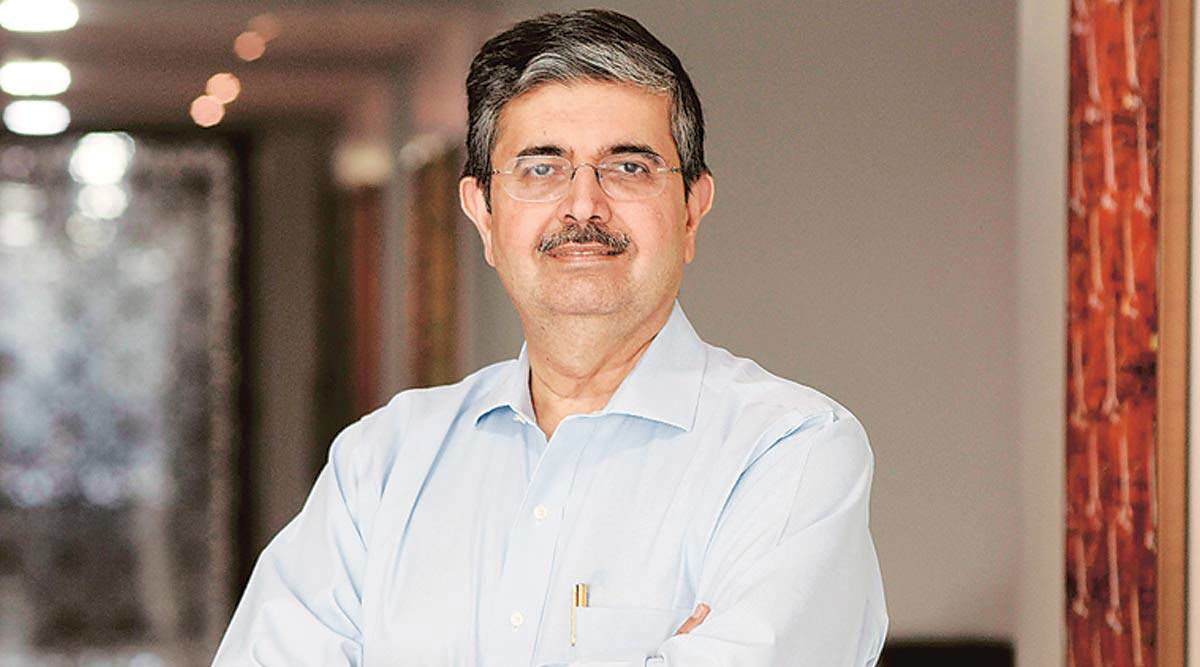In the announcement of the first monetary policy for 2022-23, the Bank of India’s reserve (RBI) has raised inflation estimates to 5.7 percent on the previous estimate of 4.5 percent.
The RBI has revised the inflation projection upward and sharply cut its growth forecast for the economy in the current financial year due to increased geopolitical tensions since the end of February, which pose a risk of decreasing domestic growth and reverse risk to inflation projections.The Monetary Policy Committee (MPC), was led by the Governor of RBI Shaktikanta Das, held his first meeting in the financial year today a few days ago.
MPC RBI, however, makes the repo benchmark rates unchanged at the current level of 4 percent.With RBI increase the projection of the country’s retail inflation rate and keep repo tariffs unchanged, Uday Box, Mahindra Bank box CEO, expressed concern and questioned the decision.He was tweeted, “a sharp increase in inflation estimates to 5.7% from 4.5% assuming 100 $ oil. Exit Q4 FY23 estimates 5.1%. Presenting the repo level at 4%. If India must move to a real level of 0% i.e. inflation – interest rate = 0, we need a rate increase of 1%. 4 levels of increase of each quarter?
The Governor of RBI stated that inflation was anticipated 5.7 percent at 2022-23, with Q1 of 6.3 percent, Q2 of 5.8 percent, Q3 at 5.4 percent, and Q4 at 5.1 percent.The governor stated that this estimate was based on the fact that crude oil prices would continue to increase and averaged around $ 100 per barrel in TA 22-23 because of the ongoing geopolitical tension.
Obviously, inflation, not growth, seems to be the main concern of the RBI. With the Covid crisis that appeared to end, production has begun to increase, and the worries of supply chains are progressively ironed.So, the RBI might expect fell inflation. But the Russian invasion in Ukraine has changed the situation. The concern of the supply chain has reappeared, and the supply of crucial commodities has been disturbed.
Russia and Ukraine are major producers of various important commodities, including crude oil. After the Russian invasion to Ukraine, the price of these items soared.As a result, instead of a decline in inflation, the RBI estimates that it rises. However, the central bank anticipates inflation falls with every fiscal quarter at this time.But these statistics can rise if crude oil prices rise and remain above $ 100 per barrel, or if India receives less rain than projected

